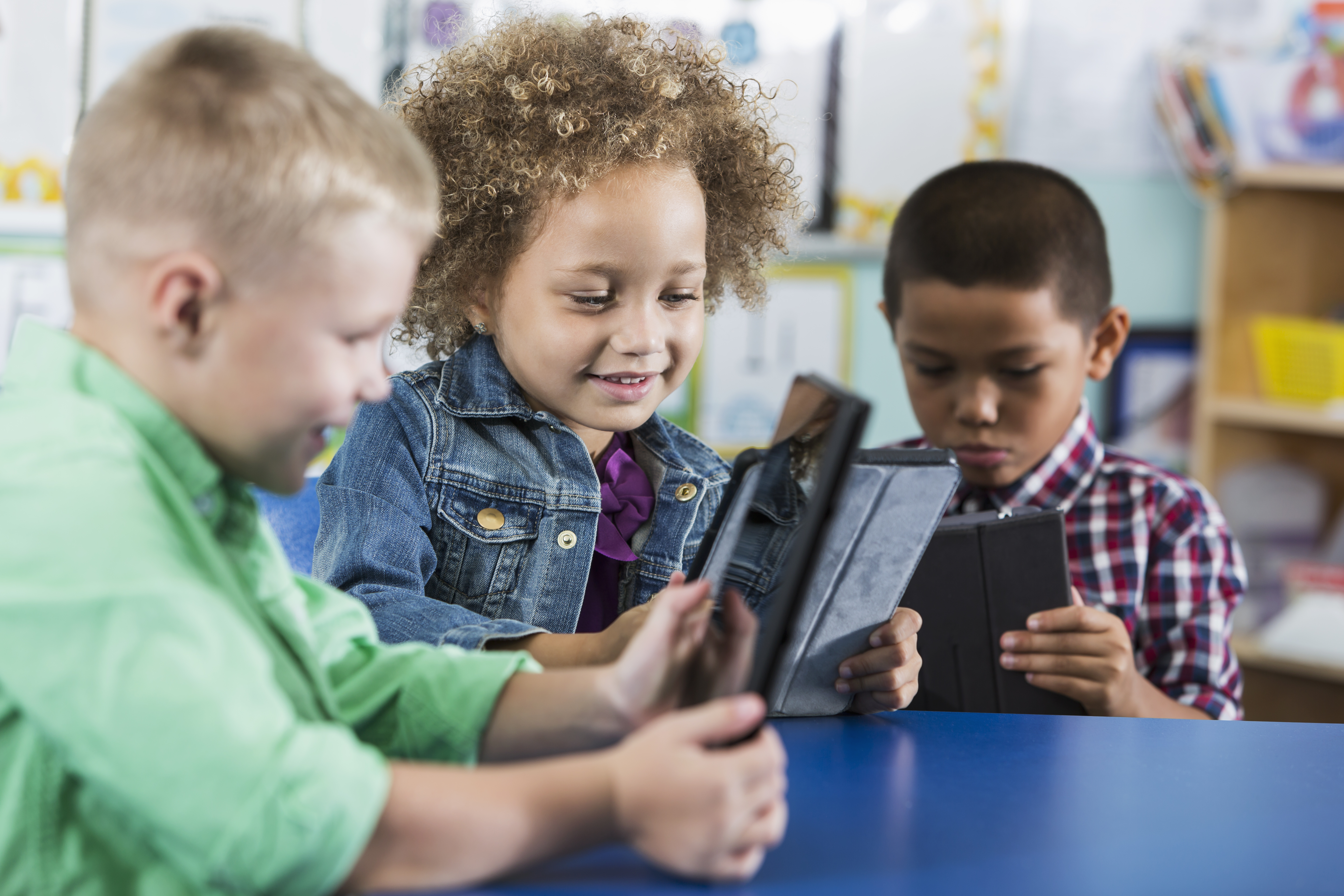Can algorithms understand reading and writing difficulties?
Project manager: Njål Foldnes Project period: 2021–2025 A new data collection and pilot is being carried out amongst teachers in Oslo autumn 2024 Awarded: kr. 5,5 mill. Funding received from: The Norwegian Research Council (NRC): IKTPLUSS-IKT and digital innovation. For publications and dissemination, please go to Gameplay's NRC website.
Gameplay is the first research project in the world to analyze gameplay data with machine learning in order to detect early reading difficulties.
A new approach to preventing reading difficulties
We currently fail to identify a large proportion of pupils at risk of developing reading and writing difficulties. The aim of Gameplay is to reduce the number of pupils who struggle with learning how to read.

Reading and writing are considered basic skills that are necessary for people’s success in education, training and work, and vital for their overall quality of life. However, a large number of children struggle with learning how to read.
It is well known that early intervention is crucial to help pupils at risk of developing reading and writing difficulties. However, there are currently no research-based, precise tools for teachers to help these pupils at the beginning of first grade. In addition, many of today’s tests can cause negative experiences and a lack of mastery in struggling readers.
The main goal of Gameplay is to develop a method for early identification of first graders at risk of developing reading and writing difficulties, while at the same time providing a positive experience for the children. The pupils will play a learning to read-game, while algorithms will look for hidden clues in the game that may indicate risk. Gameplay is probably the world’s first project to use machine learning in detecting early reading and writing difficulties.
The pupils will play the reading game daily for five weeks during the first months of first grade. Data from the game will provide detailed information about, among other things, response time, choices they make in the game, and their number of correct or incorrect answers. In training the machine learning algorithms, the project will initially analyse data from the Reading Centre’s On Track project. A larger dataset is also needed to train the powerful algorithms. Over 1000 first- and second-graders in Oslo will therefore participate in a research project on both games and reading skills. In its last phase, Gameplay will integrate machine learning with a gaming platform that Norwegian teachers will experience as both a positive and practical addition to their instruction.






